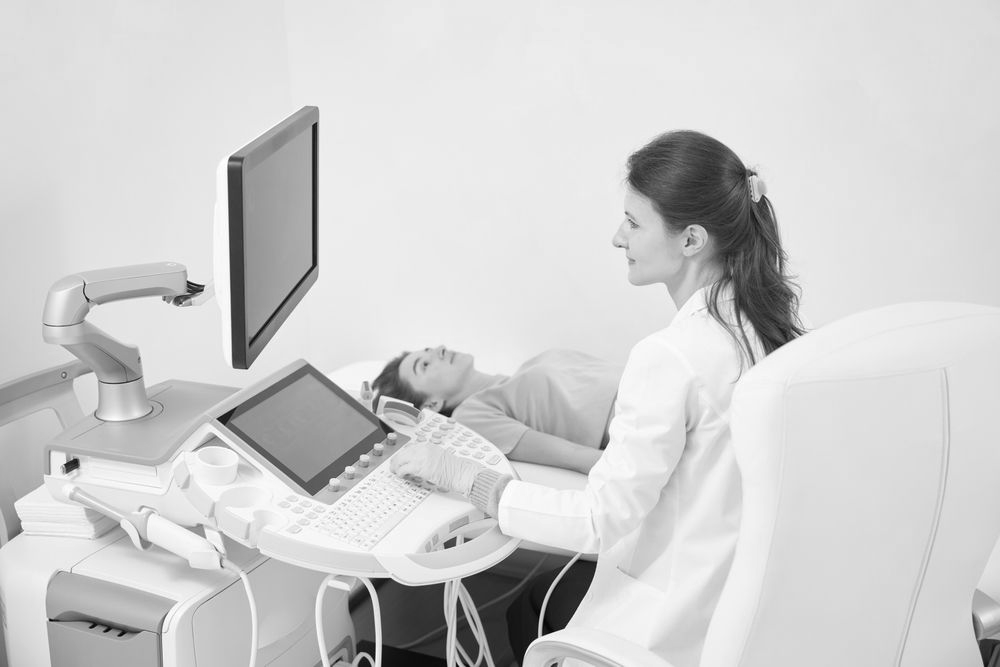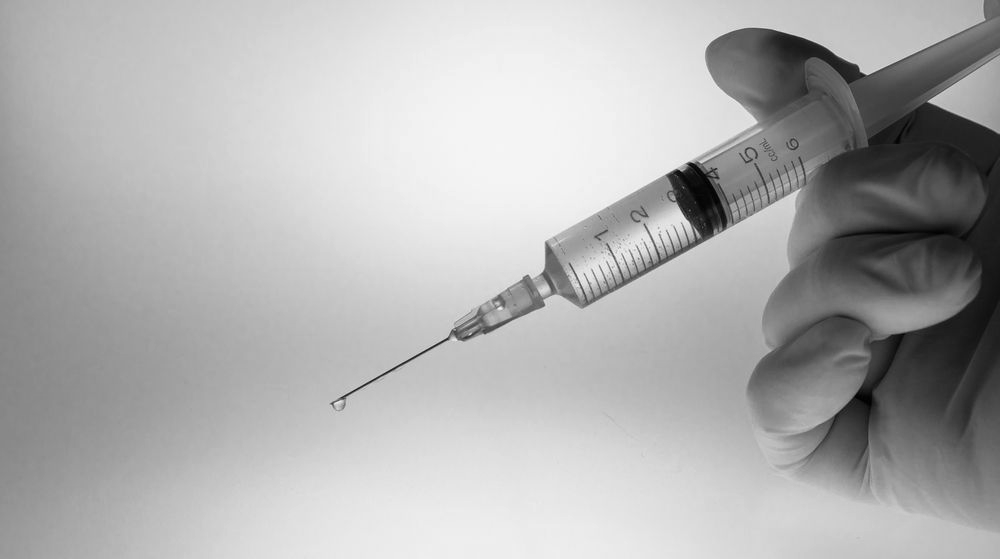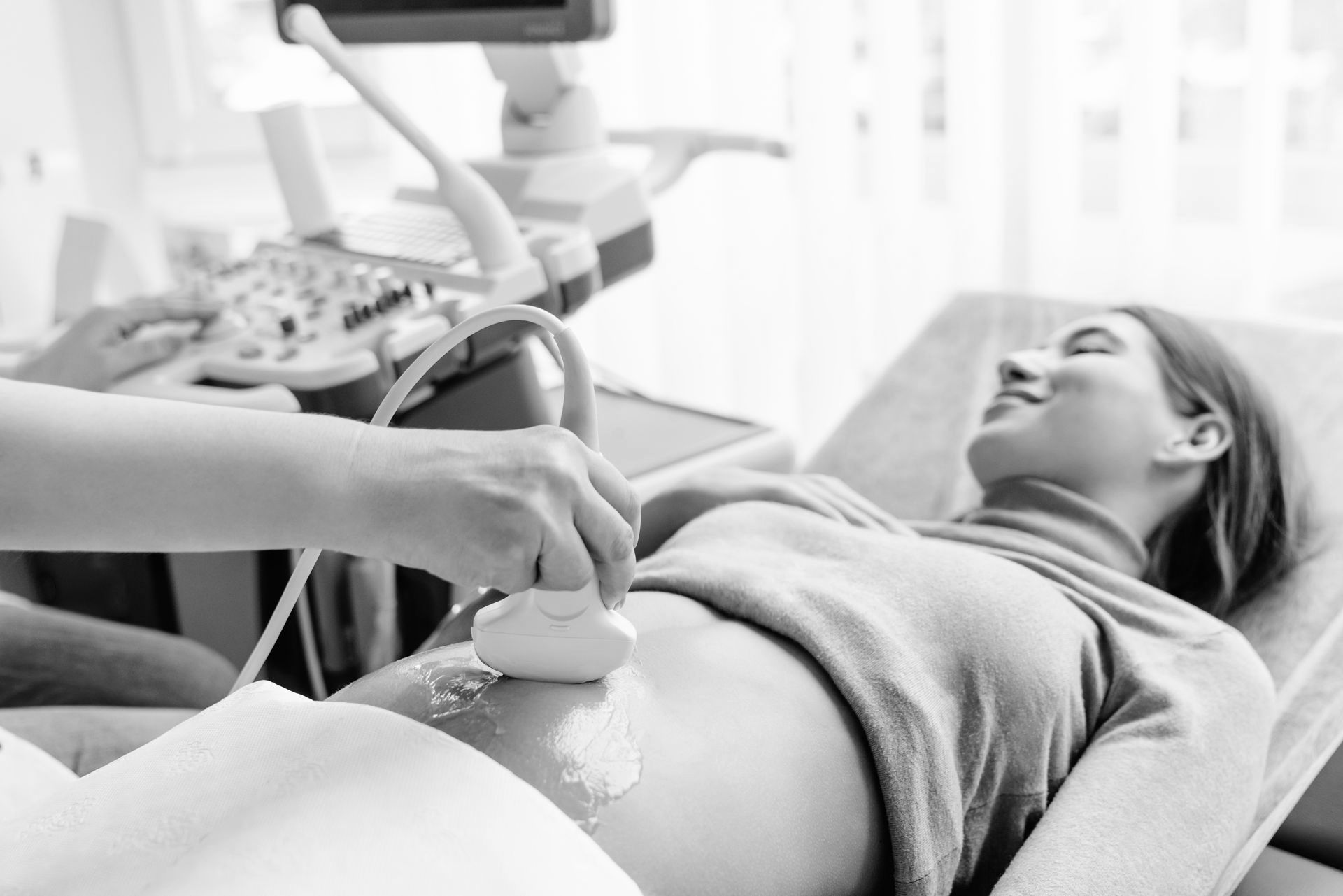UTI vs STI: How to Determine the Difference
Share this Article:

Urinary tract infections (UTIs) and sexually transmitted infections (STIs) share many common symptoms, making it hard to know the difference. Differentiating between the two is important to prevent spreading STIs further and to get the right treatment as soon as possible, preventing complications and long-term problems. At Willow Womens Center, we provide free, limited STI testing to support early diagnosis and treatment. Below, we explore the etiology, symptoms, and treatment for each.
What is a UTI?
A urinary tract infection is an infection occurring somewhere in the urinary tract: the bladder, ureters, urethra, or kidneys. UTIs develop when bacteria, which often come from the surface of the skin or from stool, enter the urethra.
Most urinary tract infections affect the bladder and urethra, which comprise the lower urinary tract system. Infections that go unnoticed can reach the kidneys and ureters, becoming more serious.
Anybody at any age can get a urinary tract infection, and both men and women suffer from UTIs. You do not have to be sexually active to contract a urinary tract infection. However, you can help prevent UTIs from developing by urinating after sex, drinking plenty of water, keeping sprays and powders away from your genital area, and taking showers in lieu of baths. Women can also wipe from front to back and avoid douching.
UTIs are treatable, and catching a UTI early can make treatment easier and stop the infection from spreading further into the urinary tract.
What is an STI?
A sexually transmitted infection is an infection that is transmitted through vaginal, oral, and anal sex. STIs can be caused by over 30 different pathogens (viruses, bacteria, and parasites). Because of the way STIs are spread, they typically infect the genital, oral, and anal areas.
Unlike UTIs, sexually transmitted infections may be more difficult to treat. Of the eight most common infections, four are curable (gonorrhea, syphilis, trichomoniasis, and chlamydia) and four are incurable (herpes simplex virus or HSV, human papillomavirus or HPV, HIV, and hepatitis B). In some cases, STIs are transmitted from mother to baby during pregnancy, delivery, or while breastfeeding.
While anyone who is sexually active can contract a sexually transmitted infection, teens, young adults, and men who have sex with men are at highest risk. Both men and women can contract and spread sexually transmitted infections, and STIs can spread between same-sex and opposite-sex partners.
There are many ways you can reduce your risk of contracting an STI:
- practice abstinence (avoid having vaginal, anal, or oral sex)
- get vaccinated against hepatitis B and HPV
- reduce the number of people you have sexual contact with
- practice mutual monogamy, in which both partners agree to be sexually active with only each other
- use condoms to prevent the spread of disease
Getting early treatment for STIs can help improve your outcome.
UTI Symptoms
The symptoms of a urinary tract infection can vary. Some people may not have symptoms at all, while others are very uncomfortable. Some of the most common symptoms:
- having to urinate more frequently
- burning, pain, or discomfort associated with urination
- urinary urgency
- difficulty emptying your bladder
- pain in the lower abdomen
- changes in your urine: darker, foul-smelling, or cloudy urine
- blood in your urine
- malaise, or feeling generally sick

If the infection reaches your upper urinary tract system (kidneys and ureters), the symptoms are a little different. In that case, you might notice pain in your back or sides, fever, chills, confusion, and restlessness.
It is crucial to see treatment right away if you think you have a urinary tract infection to receive treatment before it reaches your kidneys. Early diagnosis and treatment are also key in differentiating a UTI from an STI and getting the appropriate treatment started.
STI Symptoms
In some ways, the symptoms of a sexually transmitted infection mirror the symptoms of a urinary tract infection. Sometimes, an STI produces no symptoms. Other times, the infection is accompanied by uncomfortable and even miserable symptoms.
The most common symptoms include:
- unusual discharge from the penis, vagina, or anus
- bumps, warts, or sores around the genital area, anus, or mouth
- pain when urinating
- itching around the genital area or anus
- a rash
- lower abdominal pain
It is important to seek STI screening if you think you might have a sexually transmitted disease. Refrain from engaging in sexual activity with others until you have been screened (and treated, if needed) to prevent spreading the infection further.

Differences in Symptoms
While both urinary tract infections and sexually transmitted infections can cause pain when urinating and lower abdominal pain, other symptoms are generally different. Urinary tract infections typically will not cause lumps, bumps, or sores in the genital area.
Because it is hard to tell the difference between a urinary tract infection and a sexually transmitted infection without testing, early STI screening can quickly rule out or diagnose an STI and get you on the right track.
UTI Treatments
Most urinary tract infections are caused by bacteria and can be treated with antibiotics. When a urinary tract infection reaches the kidneys, hospitalization is sometimes required. In less common cases, urinary tract infections are caused by a virus or parasite. In those situations, treatment is different and individualized depending on the pathogen.
STI Treatments
Treatment for sexually transmitted infections depends on the infection.
- Chlamydia, syphilis, gonorrhea, and trichomoniasis are treated with antibiotics
- HIV, hepatitis B, and herpes are not curable, however, the symptoms can be managed and disease progression can be slowed with antivirals
Willow Womens Center offers free, limited STI screening for Chlamydia and Gonorrhea. If you are thinking about having sex with a new partner, have signs or symptoms of a sexually transmitted disease, are at higher risk of contracting an STI, or you are worried you may have been exposed, we recommend a free STI screening.
To schedule an appointment, you can either call our office at 608-312-2025 or schedule an appointment online here.
Connect with Us:












